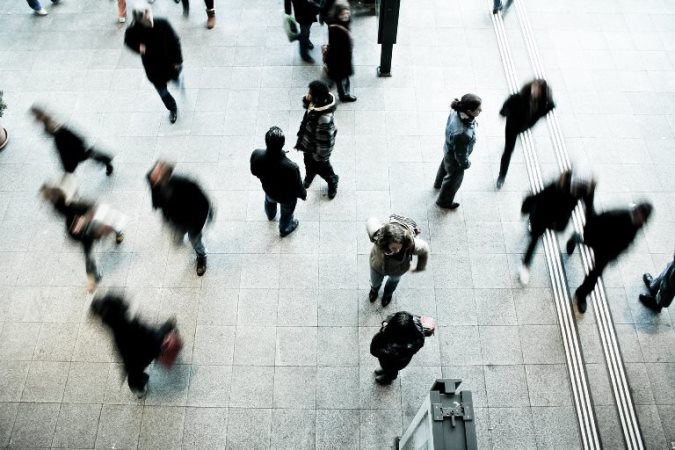The current epidemic has, and will continue to have, negative repercussions on human lives, the economy, and much more besides. Many firms have been forced to shut down or downsize, and workers have been dismissed or furloughed. Governments and central banks around the world have promptly stepped to financially help both demand and supply sides of the market and will increase government debt in the order of tens of percentage points. We should expect the economy to be in recession — or, worse yet, in a depression — for many quarters. Difficult times lie ahead.
However, each situation, no matter how negative it might be, carries also positive features. In this post, I focus on some of the silver linings encircling the clouds of this difficult situation and I pinpoint some key aspects that are likely to be positively affected by the current crisis.
- Environment: Almost everywhere in the world the levels of nitrogen dioxide (NO2) levels are falling. Indeed, global emissions will see their first fall since the 2008-9 financial crisis. The lockdown measures implemented in many countries are reducing/leading to a fall in transport and industrial production. These measures will result in a decrease in pollution-related illnesses, such as asthma, lung diseases and heart attacks. The current situation is also enriching biodiversity, for example by boosting the number of bees and rare wildflowers. If there ever was a favourable moment for advocates of renewal energies and the green new deal, it is now. In critical situations like these, where many countries will review the social contract, the environmentalists’ proposals are much more likely to be taken into consideration.
- Criminality: In the last weeks, in the UK and around the world, the majority of crime types have seen a sharp decrease. Crimes -such as burglary, robbery and knife crimes– saw percentage drops hardly seen in normal situation. Although domestic violence and online frauds are on the rise, the total number of recorded offenses this year will be much smaller than expected. Why is it like this? The opportunity to commit crime, especially for property crime in urban areas, is much lower now: the lockdown measures led to lower potential pecuniary benefits, higher probability of arrest, and higher probability of recognition. Although lower economic growth is generally associated with more crime, it is likely that many societies will experience lower crime rates for some time as social distancing measures will be kept, at least until a vaccine has been discovered. Read more on criminal justice reforms in a recent blog post here.
- Social Capital: The outbreak has spurred a series of local and national initiatives to help those whom the crisis has most affected. This happened everywhere in the world, starting in China, where the virus hit first. Such initiatives include fundraising, advocacy, small-community groups to deliver essential supplies to the elderly, etc. Along with this improvement in horizontal social capital, a good response to this emergency is based on trust in the government directives and experts, representing the vertical social capital. Higher levels of social capital in a society have been shown to have related to many social and economic outcomes, such as growth, financial development and less crime. If the current crisis leads to permanent higher level of social capital in societies, then the crisis might have positive effect in the future.
- Consumption pattern: economists document that negative economic shock affects consumer behaviour in the short and in the long run. One possible consequence of the crisis is going to be on saving patterns. Although governments reacted rapidly in support of individuals’ lost income, it might take some time for people to receive this money. Also, some people might be excluded from the assistance schemes. As such, many individuals around the world are forced to use their savings to survive in such unexpected circumstances. However, a large fraction of the population has little or no savings that could help them buffer such a situation. This experience will create awareness in the importance of savings and, consequently, will lead to greater savings whenever possible. In turn, the economy will benefit from this higher propensity to save, especially when the financial sector will be back in action.
- Teleworking: the process of performing some jobs remotely has started some years ago, especially since broadband internet has spread massively. The coronavirus outbreak sensibly accelerated such a process, as it did for government workers. It is likely that many jobs will continue to be performed from home, even when things get better. Will this process have any economic payoff? The economic literature finds mixed results about the impact of teleworking on productivity. Moreover, the effect is likely to be heterogeneous across job types. For example, a paper published in 2012 found that productivity increased for more creative jobs, whereas for repetitive jobs there was no change. Teleworking might also lighten state bureaucracy, decrease pollution due to transports and offer workers a more balanced work-life balance due to less commuting times.
Only time will tell if these effects will be temporary or if they will persist in the long run. It will also be interesting to see what other positive consequences might eventually emerge from this crisis.
Note: This article gives the views of the authors, and not the position of the Social Policy Blog, nor of the London School of Economics.




